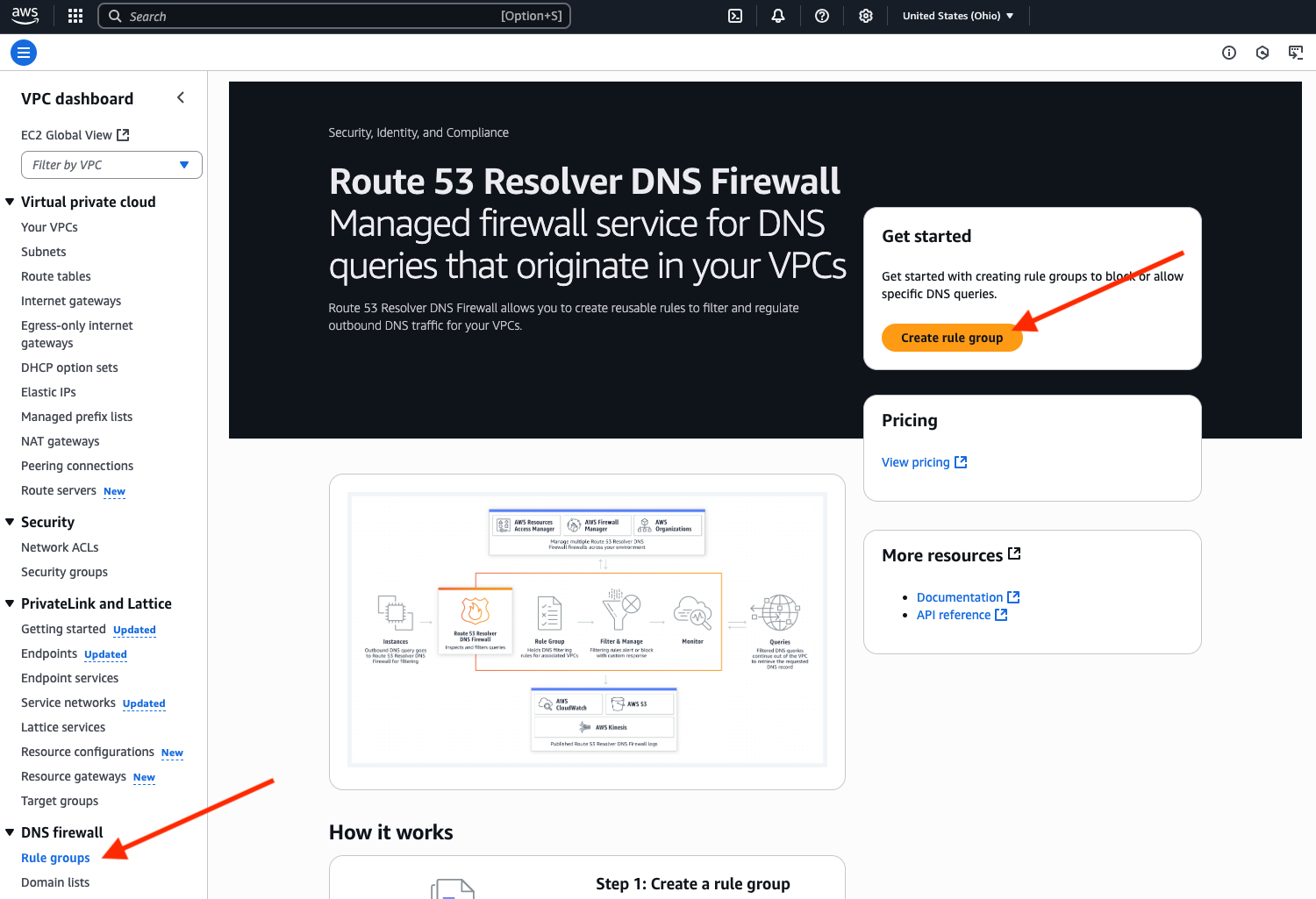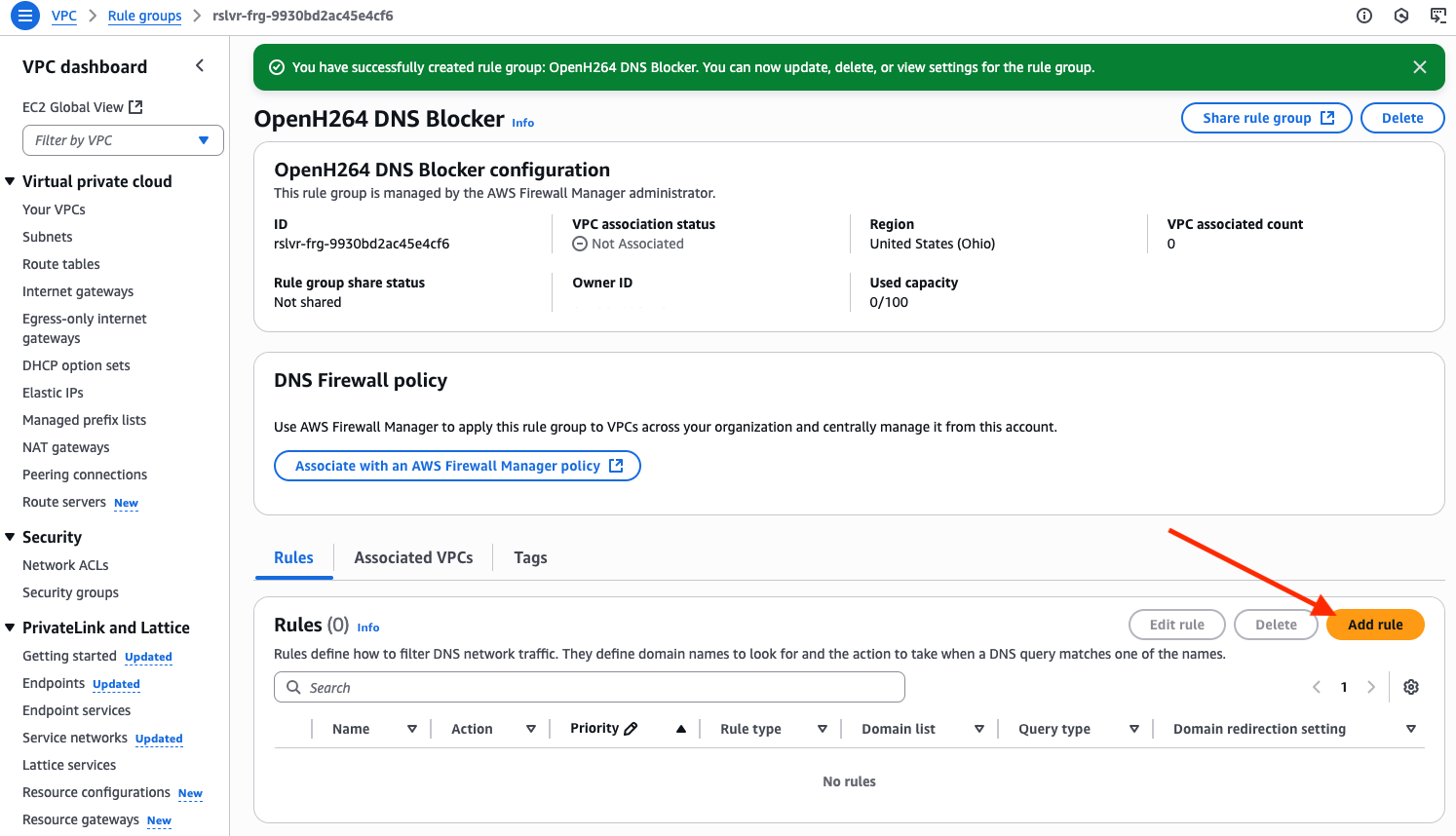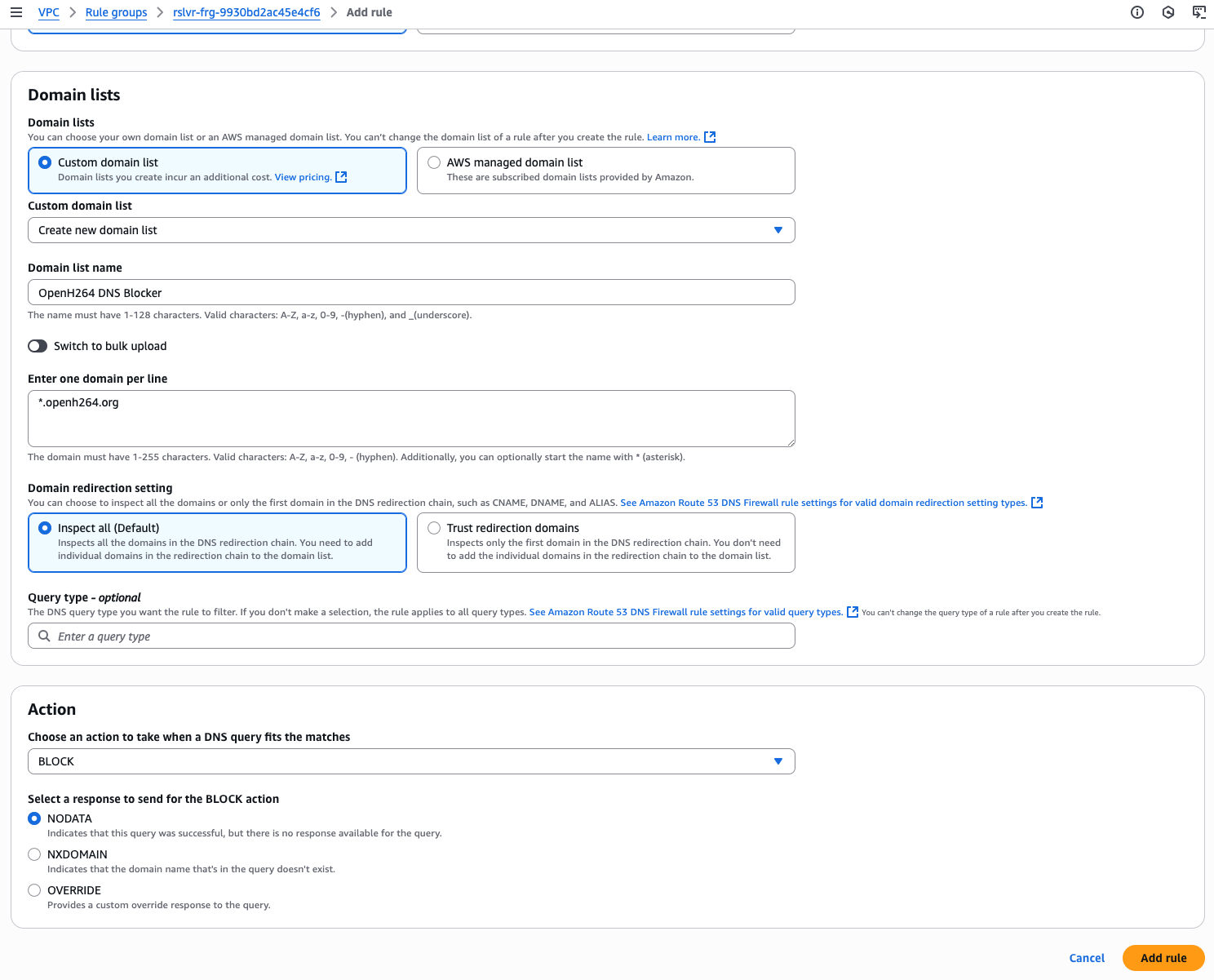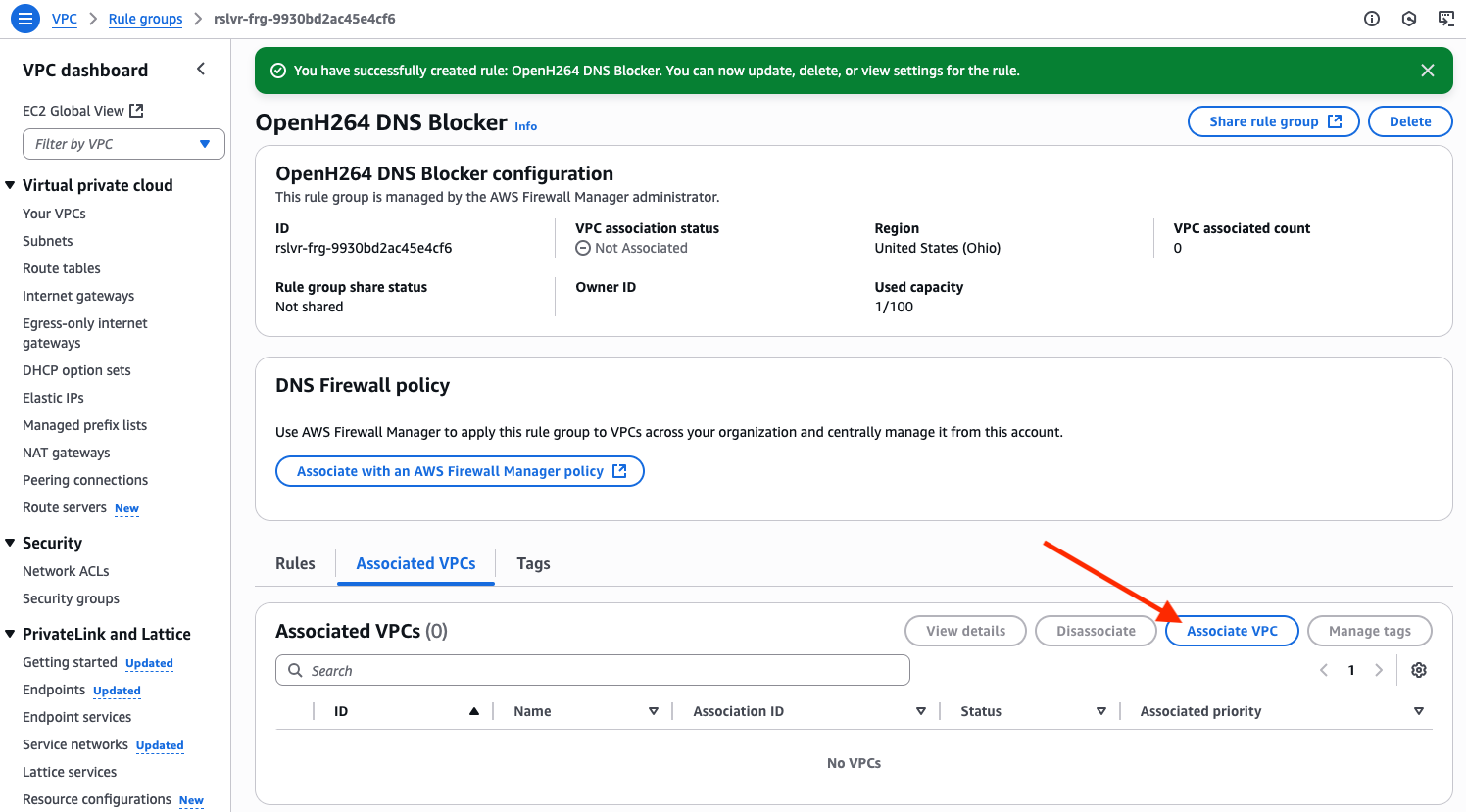OpenH264 Library Download Issue Workaround
Issue Description
LiveSwitch Media Servers automatically download the Cisco OpenH264 library from ciscobinary.openh264.org during startup to provide H.264 codec support. Connectivity issues when downloading this library can cause Media Servers to hang during startup, preventing them from reaching a registered and running state.
Warning
Impact:
- Media Servers fail to reach registered and running state
- H.264 codec support unavailable (VP8/VP9 still work)
- RTMP service affected
Urgency: Apply this workaround immediately before starting any Media Servers to prevent startup failures.
Recommended Solutions
Best Solution: Upgrade to LiveSwitch 1.24.4 or newer
The optimal solution is upgrading to LiveSwitch 1.24.4, which includes a permanent fix for the OpenH264 download issue. This ensures reliable operation and maintains full H.264 codec support.
- Benefits: Complete resolution, ongoing support, no workarounds needed
- Best for: All deployments that can accommodate planned upgrades
Alternative Solution: Pre-Download OpenH264 Library (Linux Instructions)
For older LiveSwitch Server versions that cannot be upgraded soon but require H.264 support, you can manually download and install the OpenH264 library before starting the Media Server or Recording Muxer.
Benefits:
- Maintains full H.264 codec support
- Works with older LiveSwitch versions
- Media Server recognizes existing library and skips download
- Satisfies Cisco's requirement for per-deployment download
Download and prepare the OpenH264 library:
# Create directory for OpenH264 library mkdir -p /opt/openh264 cd /opt/openh264 # Download the library wget -O libopenh264-1.7.0-linux64.4.so.bz2 http://ciscobinary.openh264.org/libopenh264-1.7.0-linux64.4.so.bz2 # Decompress and prepare the library bunzip2 libopenh264-1.7.0-linux64.4.so.bz2 mv libopenh264-1.7.0-linux64.4.so libopenh264-1.7.0.so chmod 755 libopenh264-1.7.0.soCreate symlink in your LiveSwitch installation directory:
ln -sf /opt/openh264/libopenh264-1.7.0.so /opt/liveswitch/media-server/libopenh264.so.4 ln -sf /opt/openh264/libopenh264-1.7.0.so /opt/liveswitch/recording-muxer/libopenh264.so.4Start your LiveSwitch services:
systemctl start media_server systemctl start recording-muxer
Note: This approach downloads the library once during setup rather than on each service start, but still complies with Cisco's licensing terms.
DNS Blocking Solutions
Block access to ciscobinary.openh264.org to prevent the failed download attempt. This is easy to implement, but H.264 support will be unavailable and Recording Muxer will not work. This is a temporary workaround. Remove these DNS blocks once the OpenH264 download issue is resolved and you want to restore full H.264 codec support. Choose the solution that matches your deployment:
| Windows Installation | Linux Installation | Docker Installation | AWS Cloud |
|---|---|---|---|
|
|
|
|
Windows Installation
Stop the LiveSwitch Media Servers using Windows Command Prompt as administrator:
net stop "media server"Open the hosts file in a text editor as administrator:
C:\Windows\System32\drivers\etc\hostsAdd the following line to block the OpenH264 download:
127.0.0.1 ciscobinary.openh264.orgSave the file and restart the LiveSwitch Media Servers:
net start "media server"Confirm the Media Server starts successfully after failing the OpenH264 download.
Linux Installation
Stop the LiveSwitch Media Servers:
sudo systemctl stop media_serverEdit the hosts file:
/etc/hostsAdd the following line to block the OpenH264 download:
127.0.0.1 ciscobinary.openh264.orgSave the file and restart the LiveSwitch Media Servers:
sudo systemctl start media_serverConfirm the Media Server starts successfully after failing the OpenH264 download.
Docker Installation
Stop the existing LiveSwitch Media Server containers:
sudo docker stop liveswitch-media-serverWhen recreating your containers, add the hosts mapping to block the OpenH264 download. Update your docker run commands to include:
--add-host ciscobinary.openh264.org:127.0.0.1Example for Media Server:
sudo docker run -d --name liveswitch-media-server \ --add-host ciscobinary.openh264.org:127.0.0.1 \ [your other parameters] \ frozenmountain/liveswitch-media-server:latestConfirm the Media Server containers start successfully after failing the OpenH264 download.
AWS Cloud Deployment
For AWS deployments, use DNS Firewall to block the domain at the VPC level:

- Create Rule Group:
- AWS Console → VPC → DNS Firewall → Rule groups
- Click Create rule group
- Name:
block-cisco-openh264

- Add Blocking Rule:
- Custom domain list
- Create new domain list
- Enter list name:
block-cisco-openh264 - Add domain to block:
*.openh264.org
- Enter list name:
- Action: BLOCK
- Response: NODATA
- Click Add rule

- Apply to VPC:
- VPC associations → Associate VPC
- Select your VPC
- Click Associate

Test the configuration: SSH onto an EC2 instance on that VPC and test that the domain is now blocked:
nslookup ciscobinary.openh264.org # Should fail - no DNS resolutionRestart your Media Servers to confirm they start after failing the OpenH264 download.
After applying the workaround:
- Media Servers should start successfully without hanging on OpenH264 download
- H.264 support will be unavailable but VP8/VP9 codecs will continue to work
- RTMP service will not function until H.264 support is restored